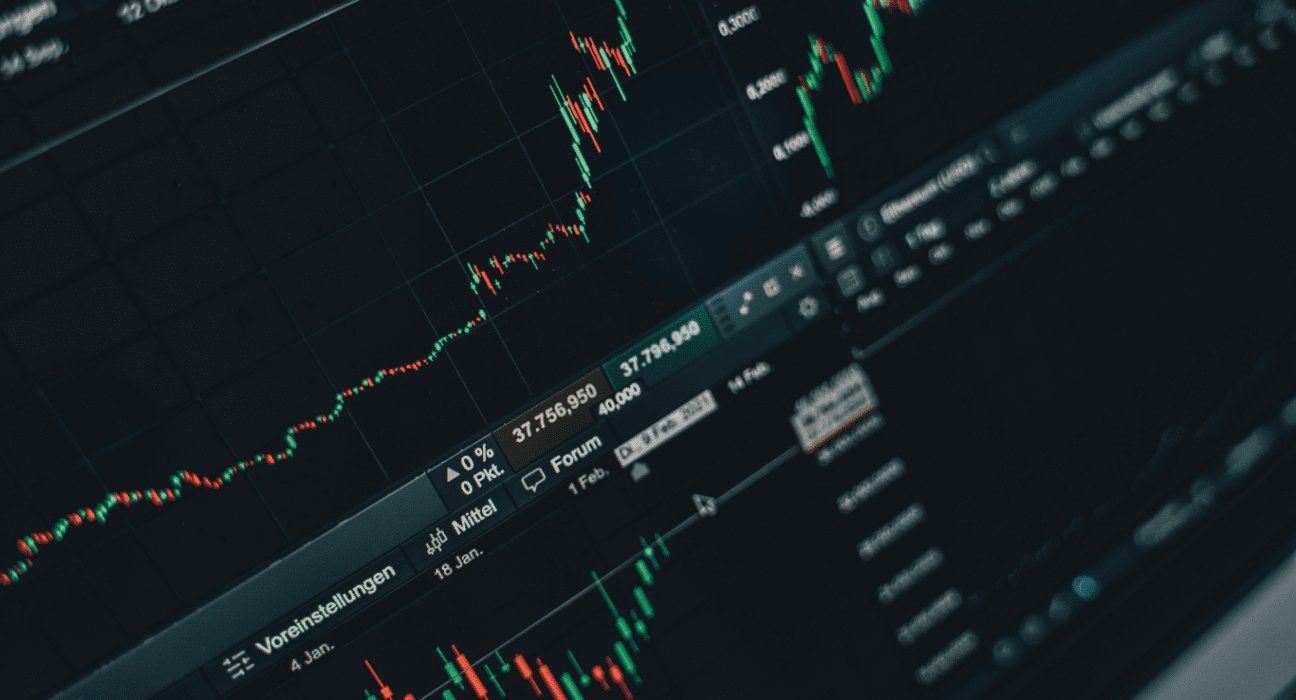When dealing with your finances, two terms you’ll often hear are trading and investing. Although the two strategies are often used interchangeably, they are actually two distinct investment types that have different goals, risks, and time frames. Understanding the differences between trading and investing will help you determine which one is best for you and your financial goals.
What is Trading?
Trading is the buying and selling of securities in order to profit from short-term price movements in the market. Traders rely on market conditions and news events to make buying and selling decisions. As a result, trading requires a high level of market knowledge and the ability to analyze market trends quickly. Trading can be considered a high-risk, high-reward strategy due to its reliance on quick decision making within a constantly changing environment.
What is Investing?
Investing, contrasted with trading, is the act of buying and holding securities with the goal of generating long-term profits. Investors typically hold onto their securities for several years or more, and their investment decisions are based on a comprehensive analysis of the underlying fundamentals of the companies they are investing in–earnings, revenue growth and competitive advantage. The objective of investing is to generate long-term wealth and stability; investors have a more passive approach, holding onto their investments for an extended period of time. Investing is considered to be lower risk compared with trading, as trading focuses on buying high-quality companies and then selling them quickly before others can purchase them first; this is called speculation rather than investing because there isn’t much thought or understanding behind why or how trading works.
Trading vs Investing: Key Differences Here are the key differences between trading and investing:
- Time Frame: The most significant difference between trading and investing is the time frame. Traders focus on short-term gains and hold onto securities for a relatively short period of time, while investors focus on long-term wealth and hold onto their securities for several years or more.
- Risk: Trading is generally considered to be a high-risk strategy, as traders need to make quick decisions based on market conditions and news events. Investing, on the other hand, can be seen as lower risk because investors buy shares in high-quality companies and hold onto them for the long term.
- Decision-Making: Trading requires traders to make quick decisions based on market conditions and news events, while investors take a more passive approach and hold onto their investments for an extended period of time. Investors typically make investment decisions based on a comprehensive analysis of the underlying fundamentals of the companies they are investing in.
- Goals: The goal of trading is to make short-term profits from market price movements, while the goal of investing is to build wealth over time by buying low and selling high.
Determining Which Strategy is Right for You The choice between trading and investing ultimately comes down to your personal investment goals, risk tolerance, and investment time frame. If you are looking to generate quick profits and are comfortable with the high level of risk involved, then trading may be the right choice for you. On the other hand, if you are looking to generate long-term wealth and are comfortable with a more passive approach, then investing may be the right choice.
There is no single approach to investing that works for everyone, and you can combine the two strategies–trading in the short term while also investing for the long term. For example, you might trade daily or weekly while still preserving shares that you plan to hold for many years.
In conclusion, it is crucial to understand the difference between trading and investing in order to determine the appropriate investment strategy for you. Both strategies have their own advantages and disadvantages; however, the right choice ultimately comes down to your personal investment goals, risk tolerance, and time frame. Before making any investment decisions, it is imperative that you educate yourself on these strategies and work with a financial advisor to determine the best approach for your unique financial situation. By carefully considering your investment goals and risk tolerance, you can make informed investment decisions that will help you achieve your financial goals and secure your financial future.










